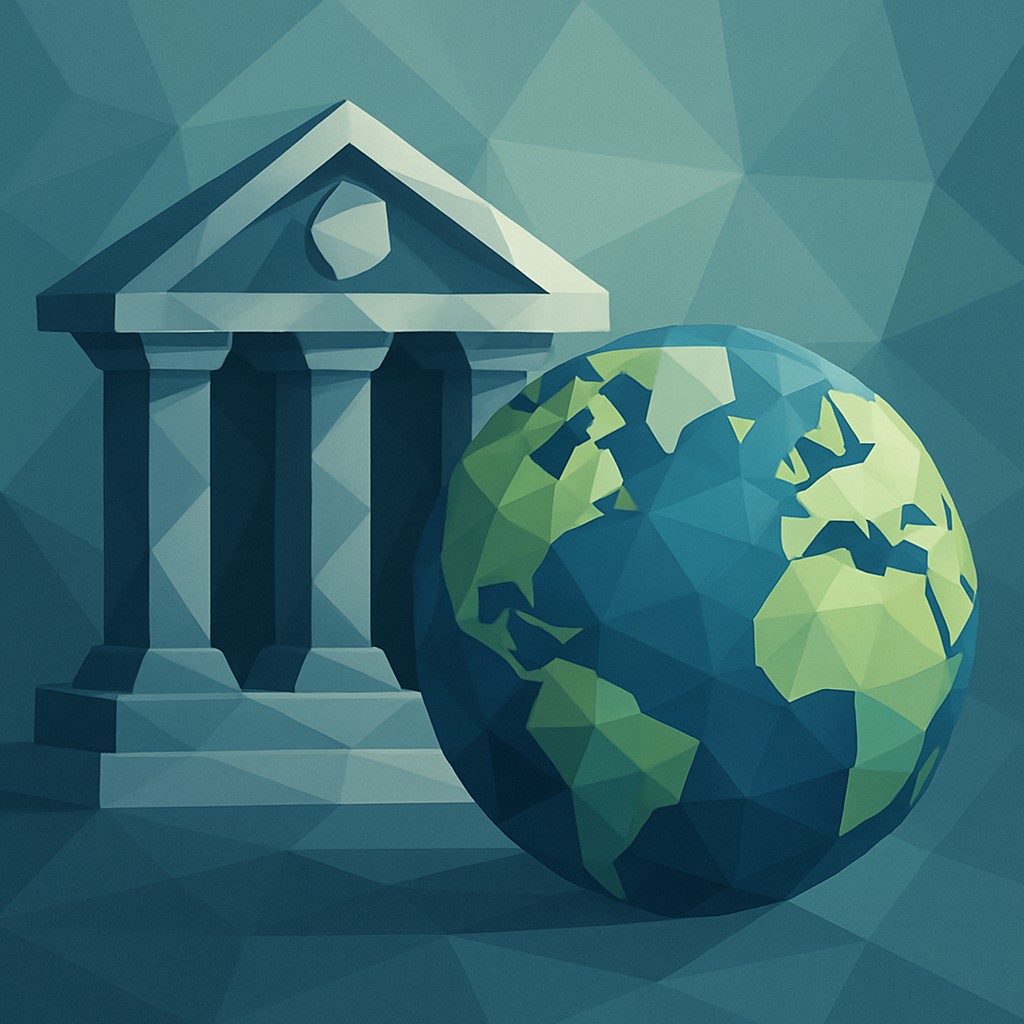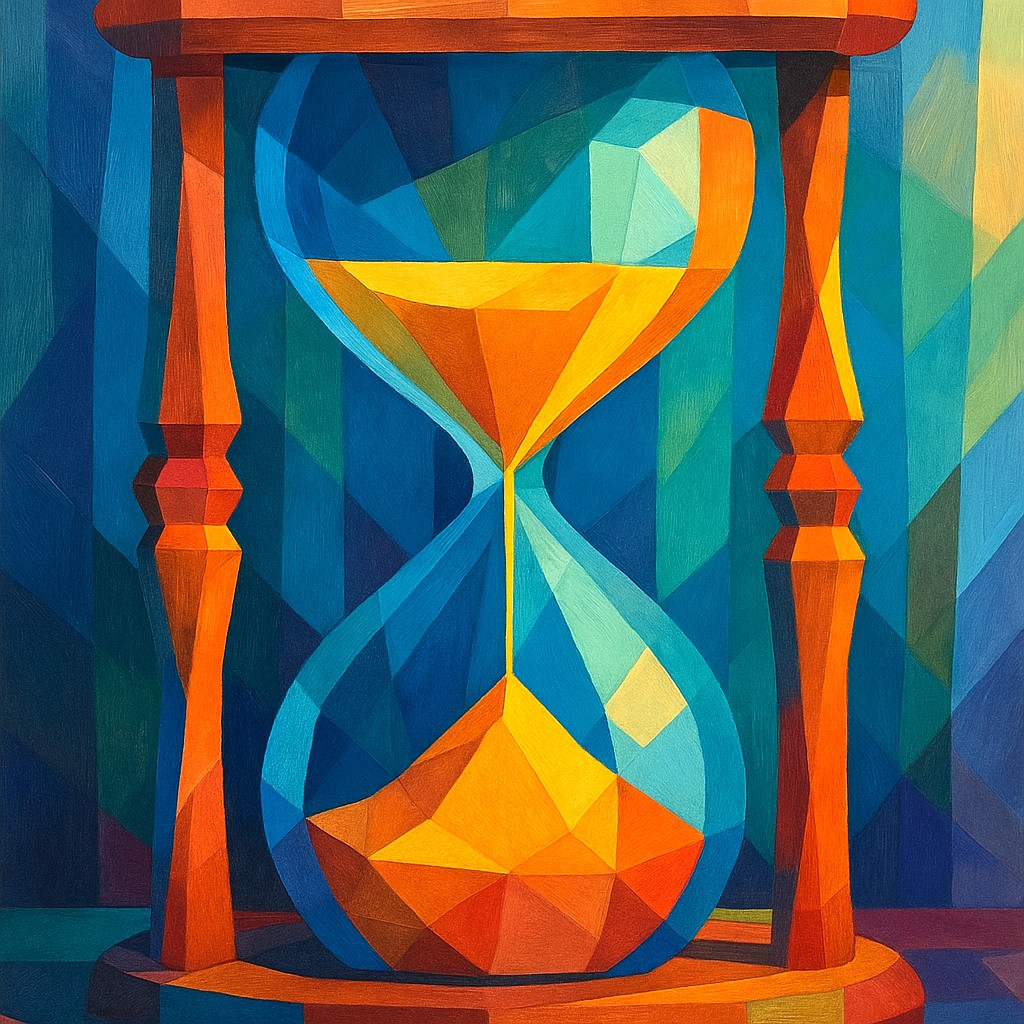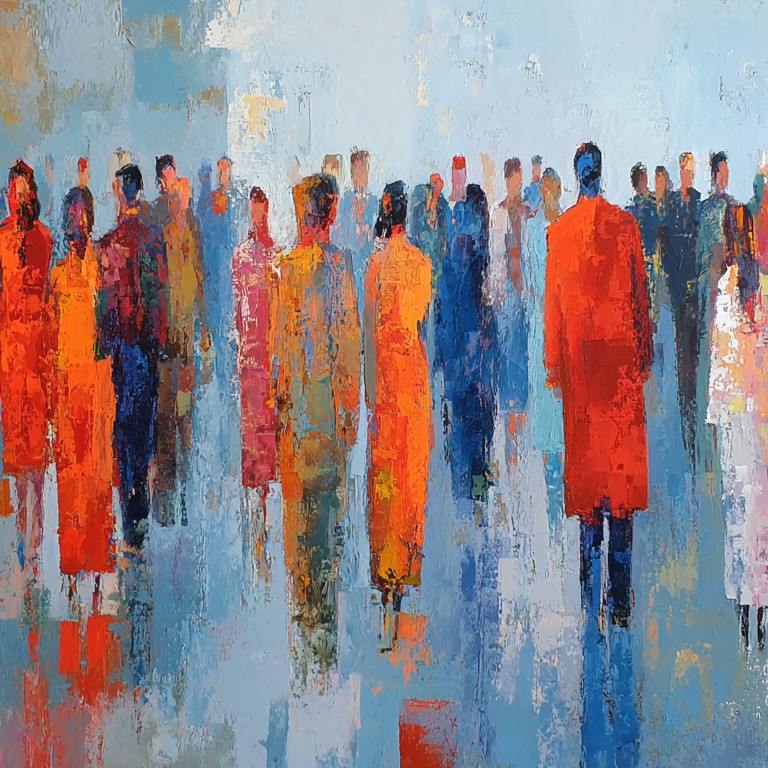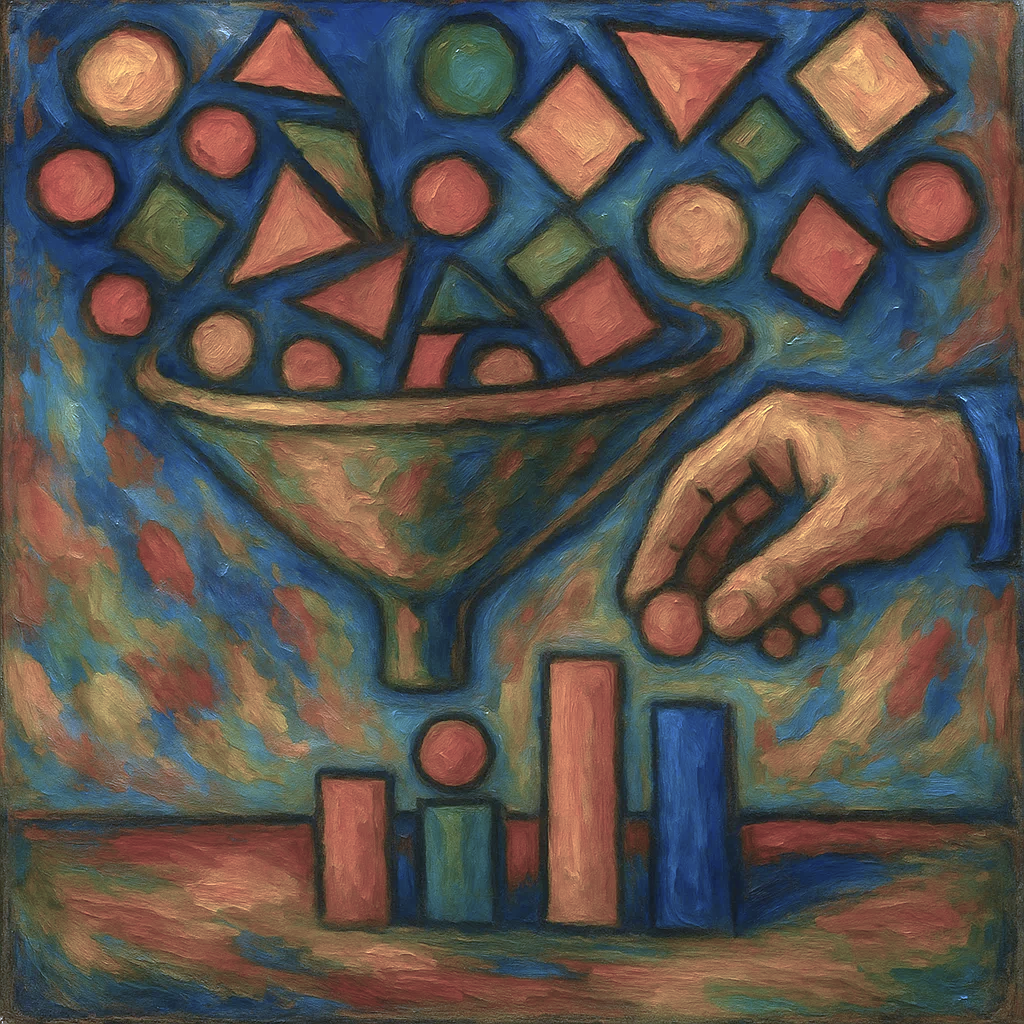Norwegian aid is like an emergency room where friends are treated first
And the Minister of Health decides what treatment should be given.

AI illustration generated by Midjourney
Main moments
Imagine an emergency room, where the waiting room is crowded with patients with various problems. Some conditions are acute, others just painful. In the queue stand both children and adults, friends and strangers, poor and rich. It is absolutely necessary to prioritize who should get help first. Whether you start with the people who got in first, the ones who hurt the most, or the ones who are the oldest, you make a choice. Consciously or unconsciously, you make a priority. And how you priorities have a lot to say.
In health care, we have clear priorities for who should get help first. In aid, on the other hand, good priorities are rare.
In a interview in Morgenbladet 1 March I criticized how the government is spending more and more of Norwegian aid on measures in Norway's interests, rather than the original purpose of the aid: reducing poverty globally. In addition, I criticised the government for not prioritising the measures that help most effectively, based on professional advice.
Choices and Withdrawals
On Tuesday this week, Norad published statistics on Norwegian aid in 2023. The figures show that almost as much aid went to Ukraine -- a single country -- as to the entire African continent: While African countries received 10.2 billion in total, Ukraine received 7.9 billion. Another $1 billion went to initiatives in Moldova. Ironically, the second largest recipient country of Norwegian aid was Norway itself, with NOK 4.5 billion to finance the reception of primarily Ukrainian refugees.
Don't get me wrong right. Ukraine should receive much more support than they do today, as Steinar Holden argues in a interview in Morgenbladet last week. But -- we are helping Ukraine because it is in our self-interest to protect a neighbor under attack, not because the needs there are greater than in other countries. It is insane that we are taking the aid to Ukraine from the aid budget, thus leaving the poor in Africa to pay the price for “Norwegian solidarity.”
Development Minister Tvinnereim believes it is “unworthy” of me to set important purposes up against each other. Here she shows a lack of understanding of what politicians are. Aller most important job: namely, to prioritize society's scarce resources. Who should be the highest priority, and what are our main goals. Choices, and deselections.
Moreover, the minister warns against letting technocracy and expert rule the aid, because aid is politics after all. Here I profoundly disagree. As an illustration, let's return to the example of the emergency room. Of course, it is the politicians who decide what considerations should be emphasized in the health care system, and what objectives the emergency room has. But when patients first come in to a doctor for treatment, there is a academically question what treatment they should get. This is decided by the doctor, not the Minister of Health.
Some aid measures are very much more effective than others. There can be 10 or 100 times difference in results obtained per penny spent. When I worked at Norad, I was nonetheless shocked by how often politicians let ideology and partisan interests take precedence over professional advice. For example: the Minister of Development, from the Centre Party, believes that supporting small farmers and food production is the most effective in eradicating poverty. The previous government, on the other hand, believed education was most effective. Both are ideologically based, and not based on knowledge.
Even Norway does not have enough resources for everything and everyone. It goes without saying that Norwegian politicians should decide what are the objectives of Norwegian aid, and what considerations should be taken. But when politicians also control the choice of means and overrule professional advice, the poorest in the world have to pay the price. These are girls in Tanzania who are not getting an education or children in Ethiopia and Sudan who are starving to death.
More on the measures that work best
Given that the overall purpose of the aid is to contribute to economic and social development in developing countries — as adopted by both the Storting and internationally by the OECD, more Norwegian aid should go to the measures we believe work best for this. For example, to vaccines, effective nutrition measures, school food and remittances to the extremely poor.
In some areas, there is academic disagreement about just what works best. Nevertheless, aid should never go to nuclear disarmament in europe, security policy or action against plastics in the ocean. Or as the government has done now: to introduce tuition fees for international students, then to take 100 million from the aid budget on education to subsidize some of them. The projects mentioned may be great and important, but for us here at home -- not for people in poverty and hunger. Then they should also be funded by us here at home.
The State Department is part of the problem. They are currently the only ministry that does not follow the state's investigation instructions. This instruction sets reasonable requirements for all public spending, including always making visible what the problem is to be solved, what it wants to achieve, and what alternative solutions exist. It allows better use of society's resources.
Norwegian aid cannot do everything for everyone, but we can do extremely much for very many. In any case, about the ability of politicians to prioritize, letting knowledge trump ideology and short-term partisan interests. Or as Norad says: let the facts prevail.
More from Langsikt

Input to the strategy for Norway's cooperation with the World Bank
Norway should see its cooperation with the World Bank, particularly IDA, as more than an aid tool - it should be part of our long-term strategy to contribute to a stable and resilient world with less inequality and less poverty. Here are nine inputs on how.

Norwegian aid can accomplish much more if it is prioritized correctly. Here are suggestions on how
Below are two proposals for structural measures in the aid budget, and then two concrete budget amendments that can save free up room for action for new initiatives (a total of NOK 1 billion in 2026).

Input to Development Minister in Light of Global Aid Cuts
Global aid cuts must have consequences for Norwegian priorities.

The death of the aid percentage: An analysis of what Norwegian aid goes to
Never before has the share of Norwegian aid going to poverty reduction and development been lower.